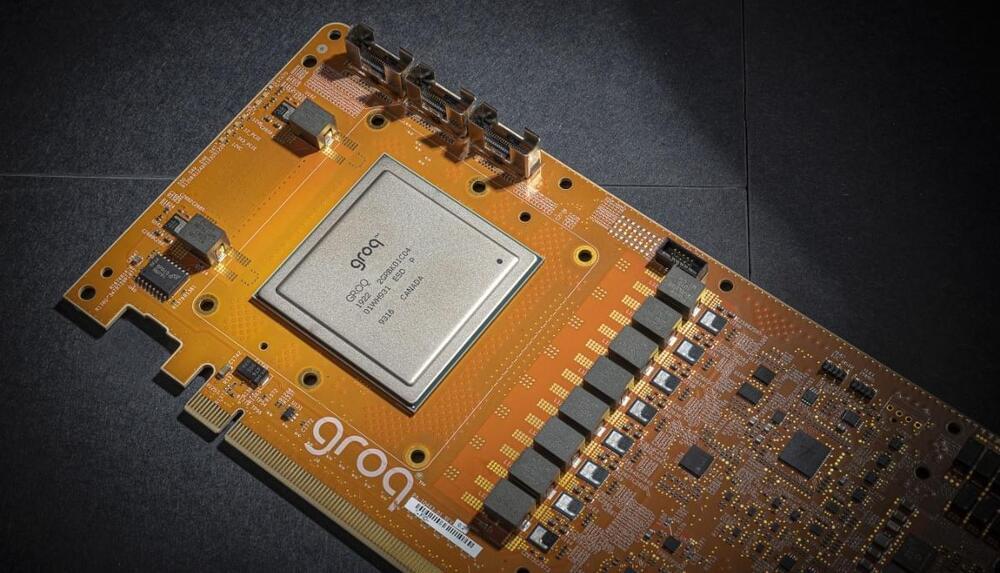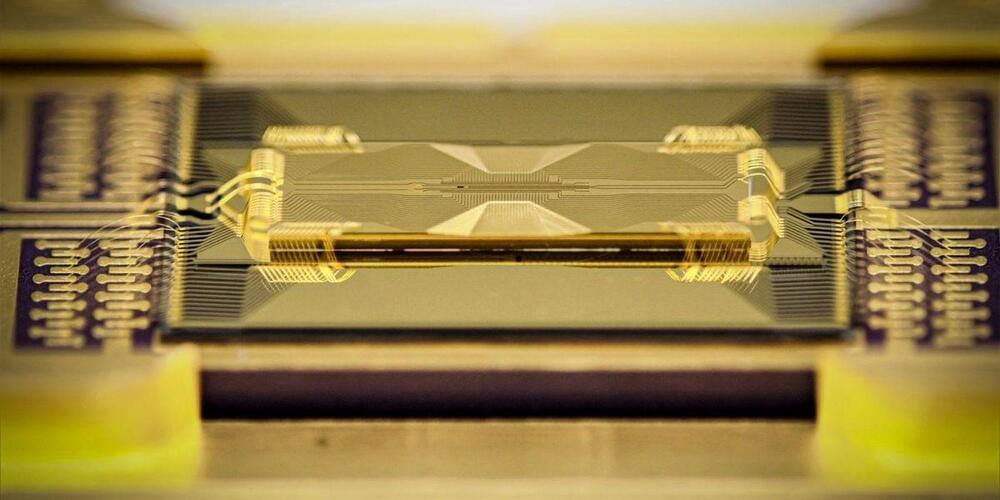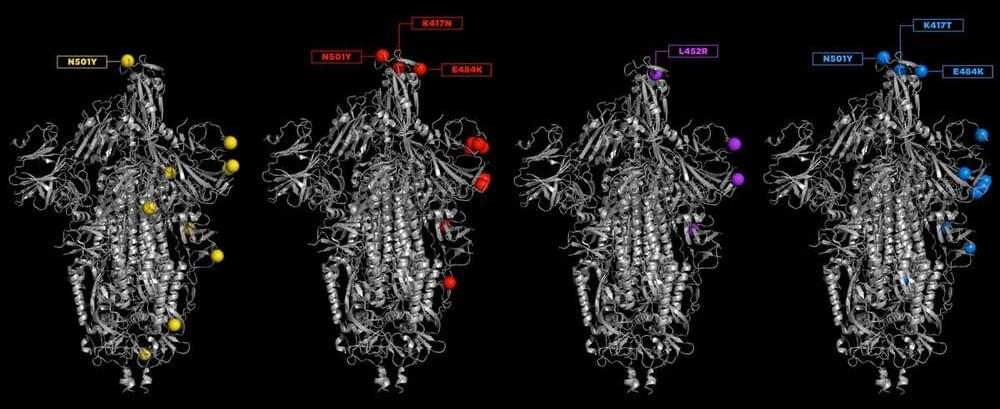Microsoft is warning of a widespread credential phishing campaign that leverages open redirector links.



Tesla may be the world’s most valuable automaker but it’s also under a federal investigation over its Autopilot semi-autonomous driving system. Teslas with Autopilot engaged have crashed into police cars and emergency vehicles parked on the side of the road and the National Highway Transportation and Safety Administration (NHTSA) understandably wants to know what’s going on.
On top of this, a pair of US Senators are demanding another investigation over the Autopilot name itself, claiming it’s misleading. Bear in mind Autopilot is rated at only Level 2 whereas Level 5 autonomy requires zero human input. Far too many Tesla owners don’t seem to understand that, hence the Senators’ concerns. And now Elon Musk has confirmed the next stage of the Full Self-Driving Beta will arrive soon.

A P-8I maritime patrol aircraft of the Indian Navy was spotted flying over the Philippines, close to the South China Sea, almost all of which is claimed by China. The submarine-hunting aircraft is in the region to participate in the Malabar Exercise, featuring the navies of all four Quad countries.
This edition of the Malabar naval exercise is being hosted by the United States Navy in the Western Pacific, off the coast of Guam. The area is not far from the South China Sea, where China has built a large number of artificial islands and militarized them to strengthen its territorial claims over these waters, which host some of the busiest shipping lanes in the world.
China opposes the deployment of foreign military vessels in the region, including the Freedom of Navigation Patrols conducted by the US to assert its right to use the waterways in the South China Sea.
It says the new form of transportation is faster, safer, cheaper, and more sustainable than existing modes.

When Gigafactory Texas was starting its construction, officials in the area started to fondly describe the project’s pace as the “Speed of Elon” on account of its rapid progress. This “Speed of Elon” seems to have never let up since Giga Texas broke ground about 13 months ago as the first image of a pre-production Tesla Model Y was just shared online.
The image was initially shared on Instagram, and it depicted a black Model Y that looked fresh out of the production line. The post was eventually deleted, but not before the image was shared across platforms such as Twitter and Reddit. It’s difficult not to be excited, after all, considering that Giga Texas broke ground just over a year ago in July 2020.
Based on the recently-shared image, it appears that Giga Texas’ Model Y production facility is now ready to start cranking out the all-electric crossovers, at least to some degree. The vehicle was not alone in the picture either, as another Model Y in the background could also be seen passing through the assembly line.

Circa 2019 o.o!
Groq, a rapidly growing startup that previously hired ten executives from Google for developing chipset architecture, has announced its new architecture named Tensor Streaming Processor that can perform 1 Peta operations per second on a single chip.
Tensor Streaming Processor (TSP) is the world’s first architecture to achieve this feat of performing 1 Peta or 1 quadrillion operations or 1e15 ops/s. Groq’s new architecture can also perform up to 250 trillion floating-point operations per second (FLOPS).
TSP architecture is inspired by a software-first mindset and offers an innovative approach towards accelerated computation.

Maryland-based IonQ has unveiled a new kind of chip in its quest to scale up its type of quantum computer technology. Its computers calculate using the quantum states of ions electromagnetically trapped in the space near a chip. Previous traps were made using silicon chipmaking processes, but the company has now switched to an evaporated glass trap technology—a way of constructing micrometer-scale features in fused silica glass often used to make microfluidic chips. Its previous trap technology, the company says, could not have supported IonQ’s new quantum architecture, which is based on multiple chains of ion-based qubits. Ultimately, IonQ executives say, the glass chip’s reconfigurable chains of ions will allow for computers with qubits that number in the triple digits.
“The purpose of an ion trap is to move ions around with precision, hold them in the environment, and get out of the way of the quantum operation,” explains Jason Amini, who led the evaporated glass trap team at IonQ. The 3D glass and metal structure Amini’s team constructed does all three better than its previous chips could, Amini says. Stray electric fields from charge on the silicon-based chip could destabilize the ions’ delicate quantum states, reducing the fidelity of quantum computation. But the evaporated glass design “hides any material that could hold charge,” he says. The effect is a more stable trap that computes better.
Another advantage, Amini says, is that the trap could be shaped to “get out of the way” of quantum operations. In an ion trap computer the ions’ quantum states are manipulated by zapping them with lasers. “We have to bring a lot of laser beams over the surface,” says Amini. The glass chip is “shaped to allow lasers to come through and address the device.”

Mutations are a part of life. Every time a virus replicates, there is a chance that its genetic code won’t be copied accurately. These typos travel inside new virus particles as they leave one body and move on to infect the next. Some of these mutations die out; others survive and circulate widely. Some mutations are harmless; others increase infectivity or allow a virus to better escape the immune system—that’s when public health bodies might deem that strain a variant of concern.
Swaps or deletions of single amino acids can change the shapes of different proteins. Mutations can happen in any of the proteins of SARS-CoV-2, and these may change the virus’s properties. Many of the worrisome mutations are found on the spike protein, as it is the target of antibody treatments and is mimicked by the currently authorized COVID-19 vaccines. Researchers are especially troubled when typos occur in two parts of the spike protein—the N-terminal domain, which is at the beginning of the protein and which some antibodies target, and the receptor-binding domain (RBD), which grabs hold of ACE2 receptors on human cells and starts the process of infection.
To understand how specific mutations affect the structure and function of the spike protein and what those changes mean for treatments and vaccines, C&EN talked to Priyamvada Acharya, Rory Henderson, and Sophie Gobeil at Duke University. With colleagues, these researchers have combined biochemical assays, cryo-electron microscopy, and modeling to show how the mutations seen in the variants of concern work together to change the stability of the spike protein. The spike is a trimer of three identical protein strands folded and interwoven together. Before the virus has infected a cell, the spike takes on two conformations: a down state, in which the RBD is hidden, and an up state, in which the RBD faces out, ready to bind to ACE2. The team found that different mutations can increase binding in different ways. This process, in which similar features are arrived at independently, is called convergent evolution.
SARS-CoV-2 variants are emerging and gaining traction around the world. What does that mean for our vaccines and treatments for COVID-19?
Black holes are more than just massive objects that swallow everything around them – they’re also one of the universe’s biggest and most stable energy sources. That would make them invaluable to the type of civilization that needs huge amounts of power, such as a Type II Kardashev civilization. But to harness all of that power, the civilization would have to encircle the entire black hole with something that could capture the power it is emitting.
One potential solution would be a Dyson sphere – a type of stellar mega engineering project that encapsulates an entire star (or, in this case, a black hole) in an artificial sheath that captures all of the energy the object at its center emits. But even if it was able to capture all of the energy the black hole emits, the sphere itself would still suffer from heat loss. And that heat loss would make it visible to us, according to new research published by an international team led by researchers at the National Tsing Hua University in Taiwan.
